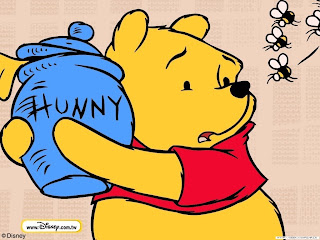I found a great article that helped me to understand the reasoning behind the name staying the same. If you'd like to read the full article you can find it by clicking HERE. It explained how the name UNCF was a well recognized name and various attempts to change it to other things such as the "College Fund" were unsuccessful. The change was too confusing for a lot of people and simply did not stick. Another point brought up was that acceptable terms keep changing, so it would be difficult to change it every time. The president of UNCF said that when the company first started he "thought of himself as a Negro"and as times has gone by that has changed to "black"and then "African-American."
However the organization is making efforts to take attention away from the title, instead choosing to focus on its slogan, "A Mind Is a Terrible Thing to Waste." They have remade their logo so that it no longer states what UNCF stands for and just allows the slogan to do the work of explaining what the organizations believes in. I think this is a good compromise, allowing the familiar letters to remain the same and still being able to send out a positive message.
Do you think this shift in logo is sufficient enough of a change? Why or why not? What else do you think UNCF could do in order to stay politically correct?






